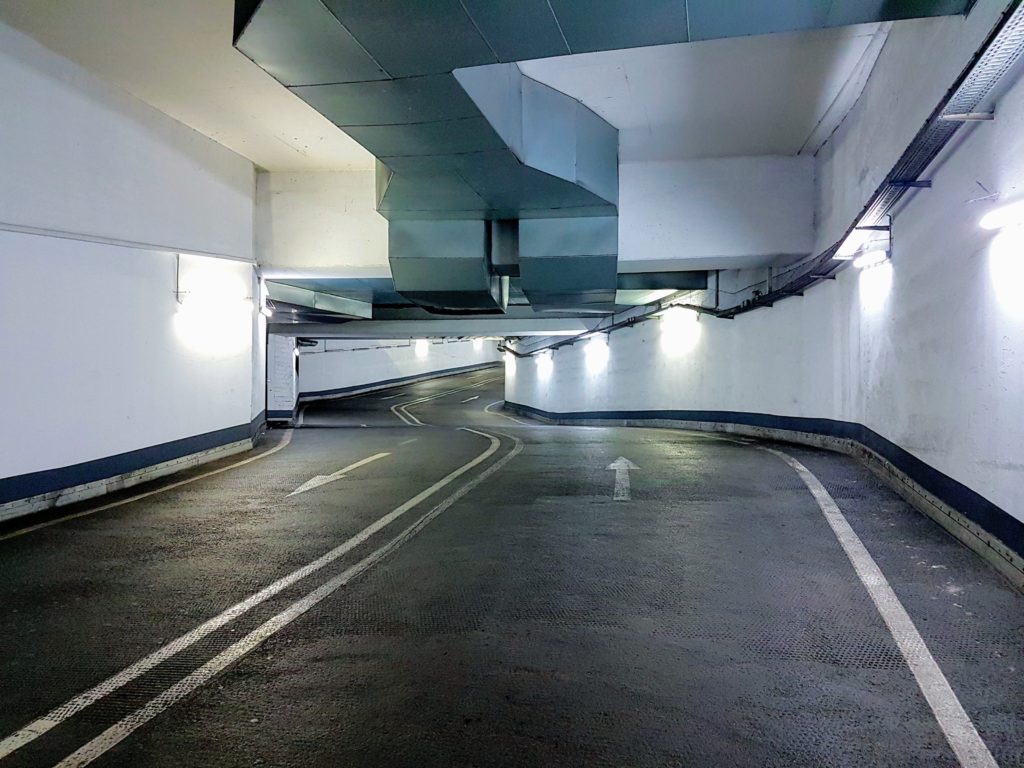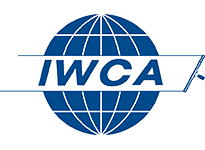Salt Eats Cars: Reasons Why It’s Critical to Clean Parking Garages & Other Exterior Surfaces

It’s that time of year when Old Man Winter plays a significant role in our daily lives. Even though the role the weather plays may not be significant for those working from home or for teachers and students in virtual school, a large number of companies are starting to safely send tenants back to their “physical” offices. As so many offices have been virtually vacant for almost a year, property managers and building owners have had to keep up with the maintenance on these buildings so the tenants have something to come back to. Keep reading to learn why property maintenance is so important and what to pay attention to when addressing maintenance concerns.
How Often Should I Clean My Parking Garage?
The timing of certain maintenance items for a building is critical for the upkeep, and in winter, the most critical item on the maintenance list is parking garage cleaning. Let’s face it – depending on where in the country your property is, the likelihood of snow is major. Because snow brings a tremendous amount of salt and dirt into a parking garage, it’s important to have your parking garage cleaned throughout the winter to prevent damage to the garage itself and even your building. In general, it is best to have your parking garages deep cleaned at least once every six to twelve months.
Is Salt Bad for Cars?
Salt eats cars. Property managers and building owners need to anticipate that all the salt and sand will eventually end up in their office buildings. If that happens, and it will, the salt and sand will destroy floors, including tile, marble, wood, and carpet in the buildings and elevators. That is why cleaning parking garages in winter is a wise service for property managers and building owners to perform.
The salt and brine that is applied to roads and inside parking garages is extremely corrosive to concrete surfaces and to garage floor membranes. Cleaning the parking garages and parking lots is the best insurance policy against costly repairs. Parking garage coating manufacturers even require cleaning to avoid voiding warranties. It is recommended that managers and owners check their warranties to ensure they remain compliant, as repairs to garage floors can be extremely costly.
What Can I Do to Protect My Property?
Another maintenance item that should be considered in addition to cleaning parking garages and parking lots is pressure cleaning sidewalks, building facades, and pad sites. Deicers, salt, sand, and a variety of chemicals are frequently used in these areas during wintertime, and they can cause damage to the surface where they are applied.
Not only can any of these substances be dragged inside a garage or parking area and then into the office building to destroy floors, but concrete of sidewalks and facades can be damaged as well. Window mullions are also frequently overlooked. When pressure cleaning is done to clean off deicers, salt, sand, and other chemicals, the splatter occasionally gets on the window mullions and can erode the metal if not properly cleaned.
Keep Your Parking Garages & Parking Lots Clean
From the above examples, it is easy to see why it is important to clean parking garages, parking lots, and other exterior surfaces of buildings in the winter. Along with being a great curb appeal project and visually having a strong return on investment, parking garage cleaning and pressure cleaning can protect inside surfaces such as floors and carpets as well. Hopefully, we will be looking at empty office buildings in our rear-view mirrors in the next few months as life goes back to normal – or the NEW normal, whatever that may look like. But remember, from your parking garages and parking lots to your sidewalks, pad sites, and building facades, keeping your exterior surfaces clean is always a great start.








